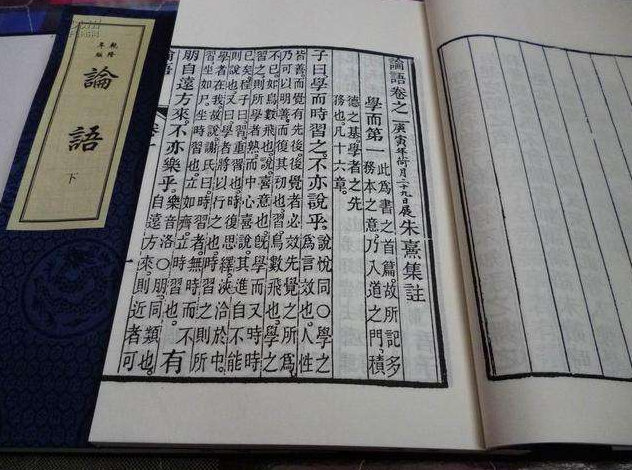Sze-ma Niu asked about perfect virtue, The Master said, "The man of perfect virtue is cautious and slow in his speech."
司马牛问仁,子曰:“仁者,其言也讱。”
"Cautious and slow in his speech!" said Niu, - "is this what is meant by perfect virtue?" The Master said, "When a man feels the difficulty of doing, can he be other than cautious and slow in speaking?"
曰:“其言也讱,斯谓之仁已乎?”子曰:“为之难,言之得无讱乎?”
Sze-ma Niu asked about the superior man. The Master said, "The superior man has neither anxiety nor fear."
司马牛问君子,子曰:“君子不忧不惧。”
"Being without anxiety or fear!" said Nui;"does this constitute what we call the superior man?"
曰:“不忧不惧,斯谓之君子已乎?”
The Master said, "When internal examination discovers nothing wrong, what is there to be anxious about, what is there to fear?"
子曰:“内省不疚,夫何忧何惧?”

Sze-ma Niu, full of anxiety, said, "Other men all have their brothers, I only have not."
司马牛忧曰:“人皆有兄弟,我独亡。”
Tsze-hsia said to him, "There is the following saying which I have heard - Death and life have their determined appointment; riches and honors depend upon Heaven.
子夏曰:“商闻之矣:死生有命,富贵在天。
Let the superior man never fail reverentially to order his own conduct, and let him be respectful to others and observant of propriety,
君子敬而无失,与人恭而有礼,
then all within the four seas will be his brothers. What has the superior man to do with being distressed because he has no brothers?"
四海之内皆兄弟也。君子何患乎无兄弟也?”



